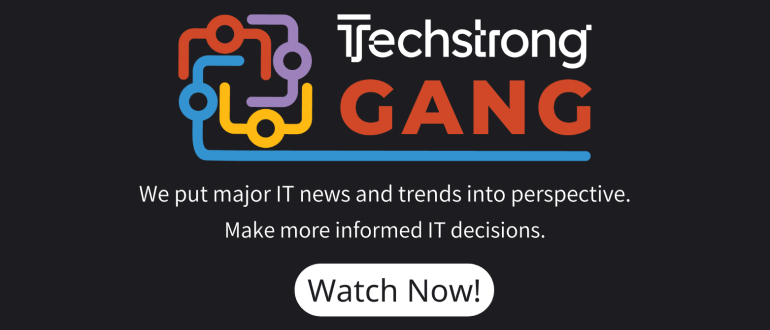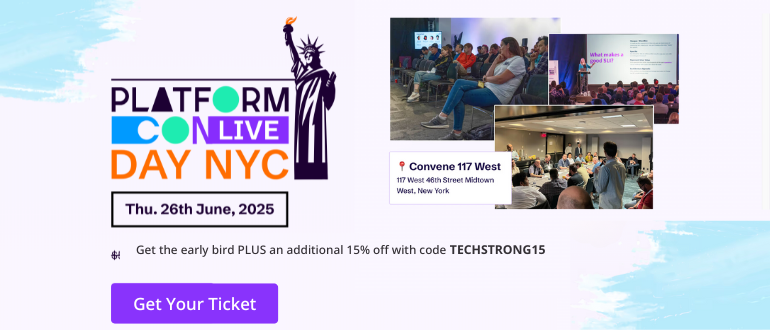IBM Acquires Kubecost to Bring FinOps to Kubernetes Environments
IBM this week revealed it has acquired Kubecost, a provider of a cost monitoring and optimization platform designed specifically for Kubernetes environments.
The Kubecost platform will be added to the portfolio of cloud cost management offerings that IBM gained when it acquired Apptio last year.
Eugene Khvostov, chief product officer for IBM Apptio, said Kubecost in addition to being integrated into the Apptio platform will also continue to be offered as a standalone platform for organizations specifically focused on managing Kubernetes environments.
Kubecost earlier this year added a real-time cost estimation capability along with an ability to automate workflows using a Kubecost Actions framework that enabled IT teams to better control costs. In addition, Kubecost 2.0 added tools that employ machine learning algorithms to improve forecasting along with the ability to detect anomalies indicative of overspending.
Additionally, there is a set of unified reporting tools to better manage chargeback and showback processes across multiple IT environments and an ability to monitor networks.
Collectively, those tools enable organizations to apply best FinOps practices to Kubernetes environments, said Khvostov.
FinOps has recently emerged as a discipline that promotes a shared responsibility for an organization’s cloud computing infrastructure and costs. Rather than having disparate procurement teams working in silos to identify and approve costs, business, financial and IT leaders establish policies and best practices for usage that are programmatically enforced. The FinOps Foundation, an arm of the Linux Foundation, has been defining a set of best FinOps practices, but many organizations still lack the discipline required to implement them. One of the major reasons organizations lack this discipline is that many of them have been allowing application developers to provision cloud resources themselves. It’s not until the bill comes due at the end of the month that finance teams realize there is an issue when there is a sudden spike in costs.
In theory, Kubernetes clusters should enable IT teams to better control costs by providing the ability to dynamically scale consumption of infrastructure resources up and down as needed. In practice, many developers still tend to over-provision the amount of infrastructure required in the hopes of ensuring maximum levels of performance and availability. As a result, the total cost of IT winds up being higher than it might need to be at a time when many organizations are more sensitive to those costs.
In the long term, advances in artificial intelligence (AI) should make it simpler for IT teams to embrace best FinOps practices. IBM, for example, has developed a framework, dubbed IBM Concert, that leverages generative artificial intelligence and knowledge graphs to surface in real-time dependencies that make it simpler to identify the root cause of issues in a way that enables DevOps teams to more proactively ensure the availability of services, noted Khvostov.
Based on the IBM Watsonx platform, IBM Concert aggregates data from the tools and platforms that span the IT environment into a software-as-a-service (SaaS) service that can be hosted on cloud platforms from IBM or Amazon Web Services (AWS) or in an on-premises IT environment. That capability in time will be extended to include an ability to also control costs, added Khvostov.
Regardless of how that goal is ultimately achieved, however, the one apparent thing is any successful effort to control costs needs to start with being able to collect the relevant data.



